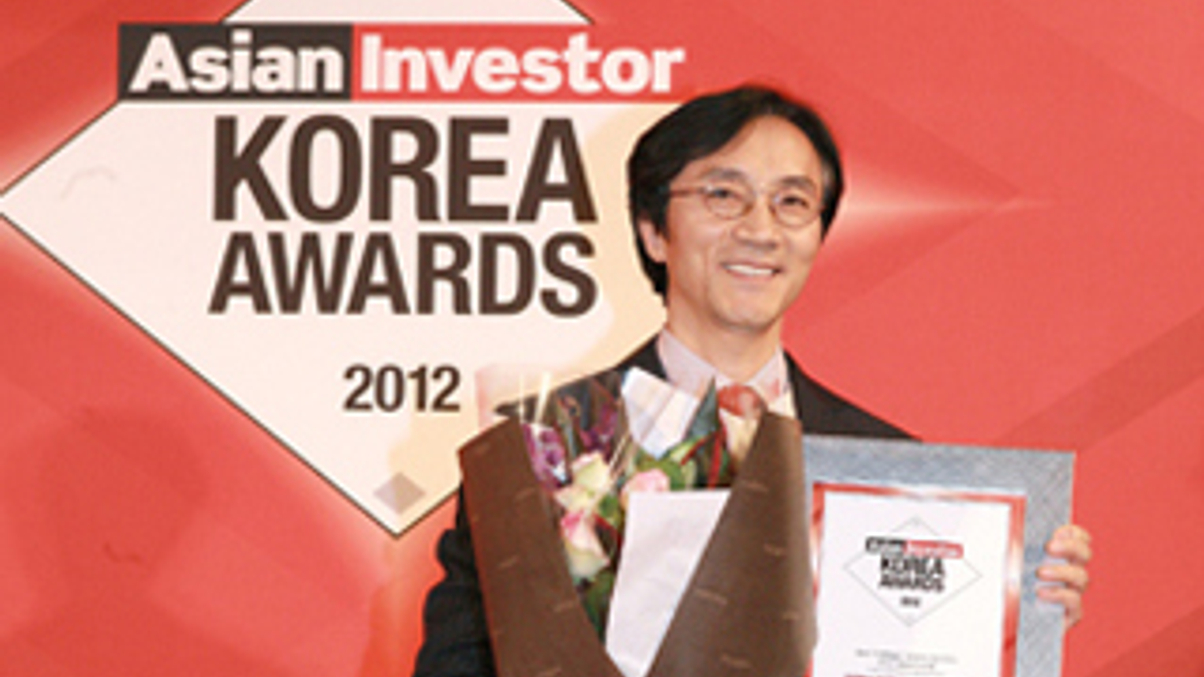GSAM closure in Korea ends Tong Yang deal
An overreliance upon institutional fixed income business fells Goldman Sachs Asset Management’s Korea ambitions, including a sub-advisory relationship with Tong Yang.

Goldman Sachs Asset Management has closed its onshore business in Korea after five years of losing money. The decision will also put an end to a sub-advisory relationship with Tong Yang Asset Management, as that was meant to give GSAM a window toward selling local products to local investors.
Sign in to read on!
Registered users get 2 free articles in 30 days.
Subscribers have full unlimited access to AsianInvestor
Not signed up? New users get 2 free articles per month, plus a 7-day unlimited free trial.
¬ Haymarket Media Limited. All rights reserved.


